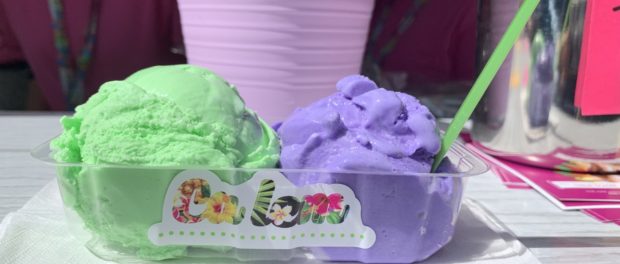RANTS OF A GRUMPY OLD MAN: DEATH BE NOT PROUD
I recently went to the funeral of a friend. This happens more and more frequently when you reach a certain age.
It was a secular service, what one nowadays calls a “celebration of life.” Tears were shed, and lot of words were uttered. Mostly empty words. People mourned the “passing” of this individual, and left, secretly relieved that it was not them. Yet.
Why do we use language to obscure the reality of the inevitable, masking our fears and hopes? One only needs to be at such an event to hear euphemisms and clichés like: “the dearly departed,”(departed to where?), “they slipped away” (appropriate for someone who died during a Montreal winter), “they’re at rest” (I thought this was supposed to happened during retirement), “they lost their life” (???), “they entered eternal rest” (is there a sign for that door?), “they were called home” (so was Lassie), and my favorite, “they finally left this vale of tears” (poetic, esoteric, poignant, and oh so corny).
Why do we have such a need to disguise the inevitability of our human condition? Why use language to hide or alter? Why not a healthy attitude, replete with words that do justice to the life now extinguished (yet another cliché ), phrases like:
“He’s gone to the Land of Nod” (and since he was cremated, he didn’t take his bod)
“Thank God, he’s finally dead so I won’t have to visit.”
“Goodbye to my spinster aunt; worms will finally try her long preserved virginity.”
“How much longer do I have to wait to settle this friggin’ estate?”
“Roses are red/Violets are blue/He died of cancer/And so will you.”
“Good riddance.”
Instead, people read the famous lines of Dylan Thomas, feeling tearfully inspired: “Do not go gentle/Into that good night/Rage, rage against the dying of the light.” Surely one of the most sentimental and genuinely bad poems of the 20th Century.
Why not emulate Oscar Wilde, who while dying of poverty and consumption in a hotel room in Paris, looked at the peeling wallpaper by the bed and quipped: “My wallpaper and I are fighting a duel to the death. One or the other of us has to go.” A brilliant wit to the very end.
When my father “passed on to the Great Beyond,” he was cremated, and the funeral home on Côte Vertu phoned to say I could come by to pick up the “cremains,” a phrase that was then new to me. When I got to the parlor, the only parking that was available was in the parking lot of a KFC (or, in Quebec, a PFK) next door. It was lunchtime, and as I walked with the carboard box of my father’s ashes in my hand to my car, I saw people exiting with the Colonel’s fried chicken in gaily decorated cardboard boxes of their own. Synchronicity? A vision, affirming life? My father, a great gourmand, sending me a final ironic joke to decipher from the First Bardo? You decide.
For those of you experiencing your Kierkegaardian moment of “fear, sickness, and trembling onto death,” waiting for the encroachment of the Grim Reaper upon the party that is your life, I recommend reading and meditating on Wallace Stevens’ poem, “The Emperor of Ice Cream”. After describing a funeral, without actually saying the word, Stevens ends with the brilliant passage:
Let the lamp affix its beam,
The only emperor is the emperor of ice cream
Then, once you have had your moment of profound epiphany, go down to your local Dairy Queen (in Quebec, La Reine de Moo-Moo) and indulge yourself: order the biggest Blizzard possible.
Savor it quickly, even if you are lactose intolerant. This is your life.






